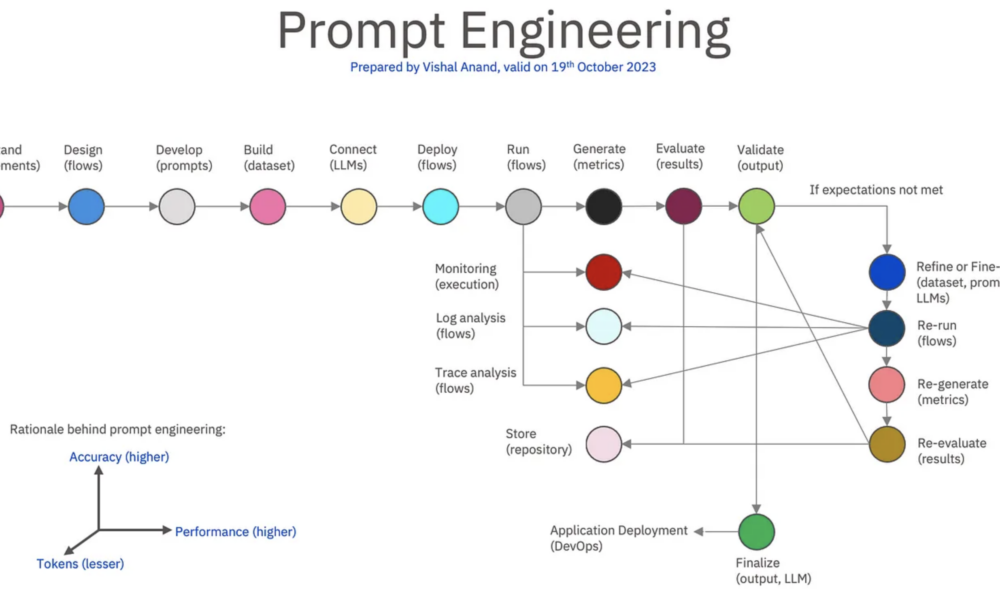- Home
- About
- Portfolio
Crush the Match – Medical School and Residency Platform
Food¢ense – Curbing Childhood Obesity and Food Waste
HealthStack – Shared and Jailed HIPAA Hosting $50
Marta Care – Let Us Help When You Can’t
MD Idea Lab – We Build Prototypes for Doctors
Nervcell – The Healthcare Web Browser
Patient Keto – Personalized Keto Medicine and Telehealth
SwipeChart – Rapid EMR Interface
Treatment Scores – Quantifying the Science of Medicine
Treatments – Diagnosed. Now What?
VIDRIO – Google Glass and EMR Interface
- Blog
- Contact
Category: Generative AI
The Intersection of Healthcare, AI, Clinical Informatics, and Machine Learning
Healthcare is at a pivotal moment in history, where technological innovation is redefining how care is delivered, managed, and optimized. At the core of this revolution are Artificial Intelligence (AI), Clinical Informatics, and Machine Learning (ML), fields that intersect to create a paradigm shift in the way we approach health and wellness. This confluence has the potential to enhance decision-making, streamline operations, and improve patient outcomes.
1. Transforming Healthcare Through
AI brings an unprecedented ability to process and analyze large datasets with speed and accuracy that no human could match. In healthcare, AI is being applied to areas such as:
- Predictive Analytics: AI algorithms can predict patient outcomes based on historical data, enabling proactive intervention. For example, models trained on electronic health record (EHR) data can forecast hospital readmissions or identify patients at risk for chronic diseases.
- Medical Imaging: AI-powered tools can analyze X-rays, MRIs, and CT scans, often detecting anomalies with greater precision than human radiologists.
- Personalized Medicine: AI tailors treatment plans by analyzing genetic, lifestyle, and environmental factors. This ensures therapies are as effective as possible for individual patients.
2. The Role of Clinical Informatics
Clinical Informatics is the backbone of data-driven decision-making in healthcare. It focuses on the optimal use of information and technology to improve patient care and health outcomes. Informatics integrates with AI and ML in several ways:
- Data Integration: Informatics ensures the seamless aggregation and harmonization of diverse healthcare data sources, from EHRs to wearable devices.
- Interoperability: The field promotes standards and protocols that allow AI systems to access and utilize data across different platforms and institutions.
- Clinical Decision Support Systems (CDSS): Informatics integrates AI-driven insights into clinician workflows, enabling smarter, faster, and more accurate decisions at the point of care.
3. Machine Learning as the Engine of Innovation
Machine Learning, a subset of AI, excels at identifying patterns in data and making predictions. In healthcare, ML applications are advancing at a rapid pace:
- Drug Discovery: ML accelerates drug development by predicting how compounds interact with biological systems, reducing the time and cost of bringing new medications to market.
- Operational Efficiency: Hospitals are using ML to optimize staffing, predict supply needs, and improve resource allocation, reducing waste and enhancing patient experiences.
- Natural Language Processing (NLP): ML-powered NLP systems analyze unstructured clinical notes, turning them into actionable insights. This has implications for billing, compliance, and clinical documentation.
4. Ethical and Practical Considerations
While the potential of AI, ML, and Clinical Informatics in healthcare is vast, it is not without challenges:
- Data Privacy and Security: With vast amounts of sensitive health data being processed, ensuring robust cybersecurity measures is critical.
- Bias in Algorithms: AI systems trained on biased datasets can perpetuate disparities in care. Diverse data representation is essential to mitigate this risk.
- Clinician Adoption: Integrating AI tools into clinical practice requires buy-in from healthcare professionals. These tools must be user-friendly and provide clear, actionable insights.
5. The Future of Healthcare
The intersection of AI, Clinical Informatics, and ML is laying the groundwork for a healthcare system that is:
- More Predictive: By identifying health issues before they become critical, we can move from reactive to preventive care.
- More Personalized: Treatments will be increasingly tailored to the unique characteristics of each patient.
- More Efficient: Automation of administrative tasks will allow clinicians to focus more on patient care.
Conclusion
The synergy between AI, Clinical Informatics, and Machine Learning is transforming healthcare into a smarter, more adaptive system. These technologies are not merely tools but catalysts for innovation, enabling a future where healthcare is not only more efficient but also more human.
As we navigate this new frontier, the focus must remain on ensuring ethical implementation, fostering trust among stakeholders, and keeping the patient at the center of every innovation.
Jax Code Academy Leads the Revolution: Integrating Generative AI and Prompt Engineering in Coding Bootcamps
At Jax Code Academy, we’re not just teaching web development; we’re shaping the future of digital innovation. Our revamped curriculum goes beyond the basics, empowering students with the skills to harness the power of generative AI and prompt engineering in building full-stack applications quickly and efficiently. By combining a strong foundation in essential technologies with cutting-edge AI capabilities, our graduates emerge as leaders in the new AI landscape, commanding high salaries and unlocking diverse career opportunities.
Understanding Generative AI and Prompt Engineering
Generative AI refers to AI models that can generate new content, such as images, text, or code, based on input data and patterns they’ve learned. Prompt engineering involves crafting precise prompts or instructions to steer generative AI models’ outputs towards desired outcomes. Together, these fields enable the creation of AI-powered systems that can produce creative, innovative, and customized content autonomously.
Why Generative AI and Prompt Engineering Are Hot Fields
Creativity Meets Code: Generative AI and prompt engineering blend technical skills with creativity, offering a unique space for individuals who enjoy both coding and artistic expression.
Industry Applications: These fields have applications across industries, from generating art and music to designing websites, writing content, and even developing software code.
Demand for Innovation: Businesses are increasingly leveraging generative AI to automate tasks, personalize user experiences, and drive innovation, creating a high demand for skilled professionals in this space.
Examples of High Salaries
Generative AI Engineers: In tech hubs like Silicon Valley, generative AI engineers with strong coding backgrounds can command salaries ranging from $120,000 to $180,000 per year, depending on experience and expertise.
Prompt Engineering Specialists: Professionals specializing in prompt engineering techniques, such as fine-tuning AI models for specific tasks, can earn between $100,000 to $150,000 annually, with potential for higher earnings in senior roles.
AI Research Scientists: Those leading research and development efforts in generative AI and prompt engineering can fetch salaries exceeding $200,000 per year, especially in top-tier tech companies and research institutions.
Freelance Opportunities: Freelancers and consultants in these fields often charge premium rates, with hourly fees ranging from $100 to $300 or more, depending on project complexity and client requirements.
Building Applications Faster and Leading in the AI Landscape
With a strong foundation in essential technologies and a deep understanding of generative AI and prompt engineering principles, our graduates are equipped to build full-stack applications faster than ever before. They leverage AI-powered tools and frameworks to streamline development workflows, reduce manual coding efforts, and iterate rapidly, ultimately delivering high-quality solutions in record time.
Armed with a comprehensive code base and advanced AI skills, our graduates are poised to lead in the new AI landscape. They understand not just how to code but also how to leverage AI to solve complex problems, drive innovation, and stay ahead of industry trends. Whether it’s developing intelligent chatbots, predictive analytics platforms, or personalized user experiences, our alumni are at the forefront of digital transformation.
The Jax Code Academy Advantage
At Jax Code Academy, we believe in empowering the next generation of tech leaders. Our curriculum is designed to be dynamic, responsive, and future-proof, ensuring that our students are always ahead of the curve. By teaching generative AI and prompt engineering alongside essential web development skills, we’re not just preparing graduates for today’s challenges but also equipping them to thrive in a rapidly evolving tech landscape.
Join us at Jax Code Academy and unlock your potential to innovate, create, and lead in the exciting intersection of web development, generative AI, and prompt engineering. Together, we’ll shape the future of digital experiences, one line of code at a time.


